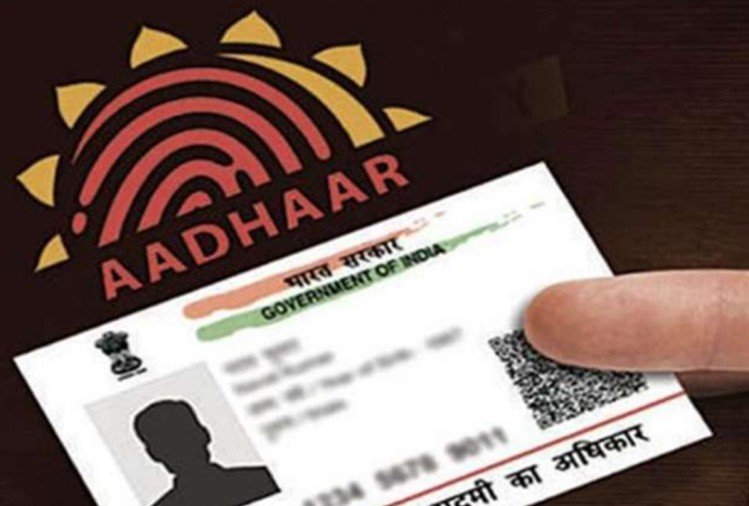Aadhaar adoption and usage by residents continues to progress. In September alone, 25.25 crore e-KYC transactions were executed via Aadhaar, almost 7.7% jump in such transactions when compared with August.
An e-KYC transaction is done, only with the explicit consent of the Aadhaar holder, and eliminates physical paperwork, and in-person verification requirement for KYC. The service is increasingly playing a crucial role for banking and non-banking financial services by providing better and transparent customer experience, and ease of doing business.
The cumulative number of e-KYC transactions so far has increased to 1297.93 crore by the end of September 2022. Similarly, Aadhaar Enabled Payment System (AEPS) has been an enabler of financial inclusion at the bottom of the income pyramid.
Cumulatively, 1,549.84 crores of last mile banking transactions have been made possible through the use of AEPS and the network of micro ATMs so far by the end of Sept 2022. In September alone, 21.03 crore number of AEPS transactions were carried out across India.
In September, 175.41 crore biometric-based authentication transactions were carried out. A majority of these monthly transactions were done by using fingerprint biometric authentication, followed by demographic and OTP authentication.
So far, cumulatively 8250.36 crore authentication transactions have been completed by the end of Sept. Aadhaar saturation is now near universal among the adult population of India, reaching 93.92% by end of September. During the month of September, residents successfully updated more than 1.62 crore Aadhaars as against 1.46 crore such updates carried out in August. Cumulatively, till date (end of September) little above 66.63 crore unique identification numbers have been successfully updated following requests from the residents.
These updation requests are related to demographic as well as biometric updates done at both physical Aadhaar centres, and by using the online Aadhaar platform.
Whether it is AEPS for last mile banking, e-KYC, Aadhaar enabled DBT or authentication, Aadhaar has been playing a stellar role in supporting the Prime Minister, Shri Narendra Modi’s vision of Digital India.
Aadhaar, a digital infrastructure of good governance, is a facilitator of both ease of living and ease of doing business. The digital ID is helping various ministries and departments in the centre and at states in improving efficiency, transparency and delivery of welfare services to the targeted beneficiaries.
So far, around 1,000 welfare schemes in the country run by both centre and states have been notified to use Aadhaar.


























